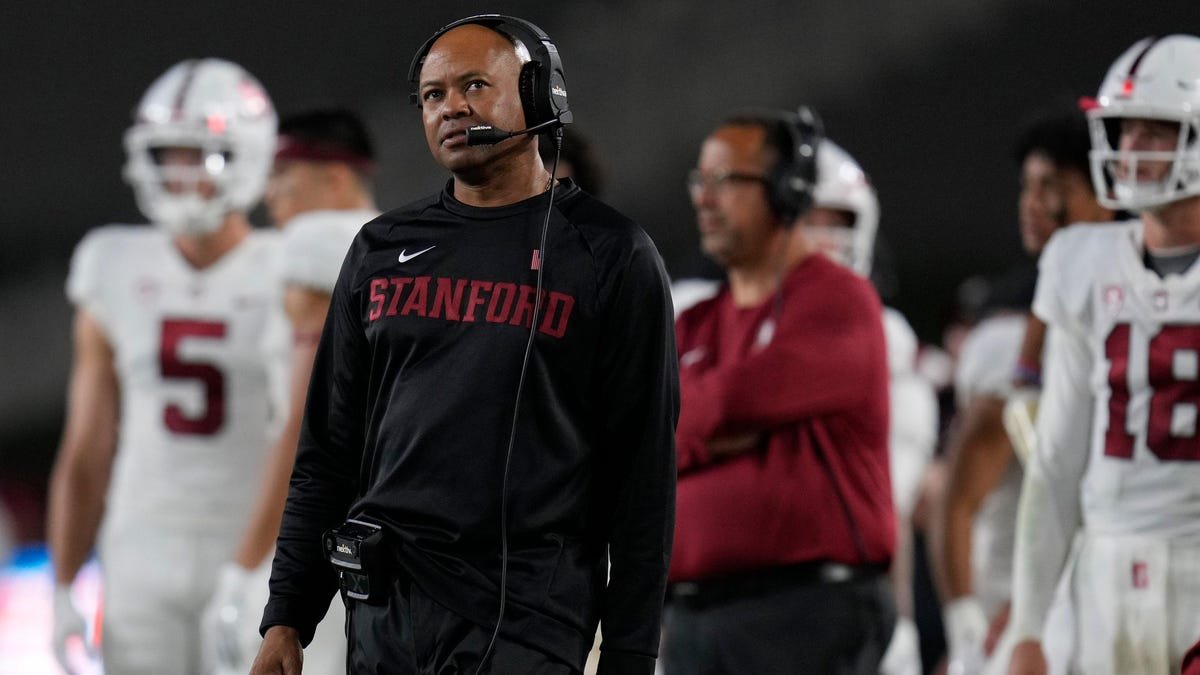The lack of diversity in the NFL coaching ranks is a long-standing issue that continues to plague the league. Every year, when coaching vacancies open up, there is a glaring disparity in the number of Black hires compared to the number of minority candidates interviewed. This year is no different, and it begs the question: are Black candidates being given a fair chance, or are they just being used to fulfill the Rooney Rule?
The recent case of David Shaw, who interviewed for the head coaching job with the Los Angeles Chargers, highlights this issue. Shaw, a highly respected coach who has been a target of NFL teams for years, has had multiple interviews for head coaching positions. However, despite his qualifications and experience, many believe he doesn’t have a real shot at landing one of these vacancies. His interviews seem more like a formality to clear the teams of any shadiness in their hiring practices.
This situation is not unique to Shaw. Every year, there are multiple open coaching positions, but very few, if any, Black coaches are hired. The Rooney Rule, which requires teams to interview minority candidates for head coaching and senior football operation positions, was supposed to address this issue. However, it has proven to be ineffective in bringing about real change.
The fact that the Rooney Rule still exists is evidence of an ongoing problem in the NFL. Other leagues, such as Major League Soccer, have implemented more effective diversity initiatives. In 2021, MLS updated their version of the Rooney Rule by requiring that two or more non-white candidates be part of the finalist pool for open positions. They also mandated that organizations bring in candidates with comparable experiences and resumes to ensure that teams don’t just bring in a Black assistant coach on a lower tier to fulfill their quota.
In contrast, the NFL’s efforts to promote diversity in coaching positions seem half-hearted. The league’s diversity coaching fellowship is even named after a white man, Bill Walsh. This lack of seriousness is further exemplified by the fact that the leader of NFL Africa is a white man from Australia named Brett.
As of now, only two of the eight head coaching vacancies have been filled, and both hires come with caveats. Antonio Pierce in Las Vegas was the interim coach, and Jerod Mayo in New England had a succession clause in his contract. Meanwhile, highly qualified Black coaches like Eric Bieniemy and David Shaw have not been given similar opportunities.
The plight of Black coaches in the NFL goes beyond the lack of opportunities. It’s about deciphering whether they are considered genuine candidates or just part of a quota. The league needs to take real, meaningful action to address this issue. The current situation is not acceptable, and it’s time for the NFL to step up and make a genuine commitment to diversity and inclusion in coaching positions.





